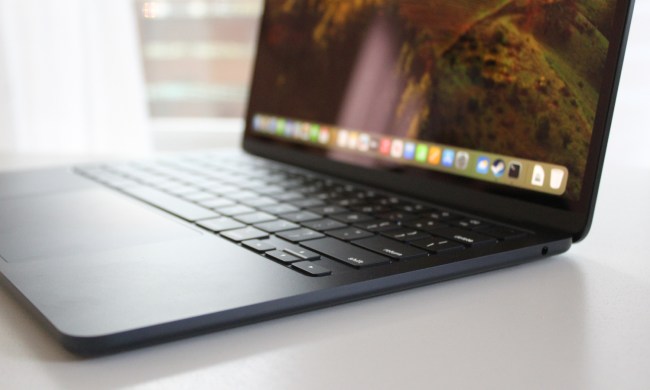
A $50 million fund paid by Apple to settle a class-action lawsuit over faulty butterfly keyboards on MacBooks is about to be shared among affected customers following an approved claim, MacRumors reported.
Although the settlement was agreed to in 2022, a court has only recently issued a payment order, with payouts for approved claims set to be made this month, according to a notice on the MacBook Keyboard Litigation Settlement website. Claims from impacted customers were accepted through March 6, 2023, but it’s not clear why it’s taken so long for the money to be sent out.
The issue affected butterfly keyboards on MacBooks, MacBook Airs, and MacBook Pros that were sold between 2015 and 2019. The keyboards were poorly designed and susceptible to failure, and caused numerous complaints about the keys sticking or failing entirely. The issue even prompted one frustrated customer to write a song about it, and it became a hit on YouTube.
MacBook owners who needed at least two keyboard replacements from Apple within four years of purchase will receive a payment of up to $395, while customers who had to replace one keyboard can expect to receive as much as $125. Those who had smaller issues with one or more keys on the butterfly keyboard can expect to receive up to $50.
The tech giant tried to improve the design of the keyboard, but even the third generation had issues. It finally ditched the butterfly keyboard in late 2019, returning to a more conventional scissor switch mechanism that’s more robust and therefore far less likely to fail.
Apple has always denied the allegations made in the lawsuit, and the settlement to resolve the case is not an admission of guilt or wrongdoing.

